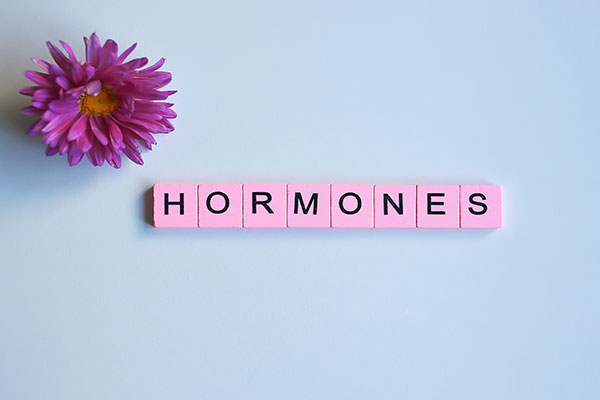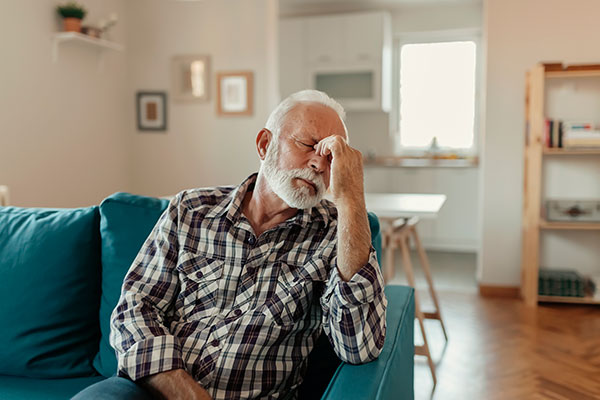There are four particular happy hormones that are responsible for keeping you happy and feeling good.
Hormones are your body’s chemical messengers. They regulate just about every biological process, from growth to digestion. But hormones are not only critical for your physical health; they are a key factor of your emotional wellbeing as well. In fact, there are four specific “Happy Hormones” that are vital to your sense of happiness and feelings of joy.
Female sex hormones play a vital role in sexual development, reproduction, and much more.
Hormones are your body’s chemical messengers. As such, they play a vital role in regulating many of your body’s most important biological processes. The main female sex hormones are estrogen and progesterone. Woman’s bodies make and need testosterone as well, though to a lesser degree than men.
Testosterone plays a vital role in how your body creates energy; therefore, low testosterone can make you feel tired.
Among the many processes that testosterone is necessary for, this important male hormone plays a vital role in metabolism, or the way that your body produces energy for your cells from the foods that you eat.
Testosterone also helps to regulate mood and sleep, which is another reason why low testosterone can make you tired. Testosterone is also instrumental in the creation of red blood cells. Low testosterone can lead to a decrease in the production of healthy red blood cells, which can cause anemia which can also make you tired.
As you can see, low testosterone can affect your energy levels in many ways.
Can Testosterone Deficiency Lead to Disease?
Having a testosterone deficiency can put you at greater risk for certain diseases and conditions.
The list of diseases associated with having age-related testosterone deficiency, also more simply known as “low testosterone,” can be long and varied. Testosterone is a vital hormone. While it is the primary male hormone, women’s bodies make and need testosterone as well.
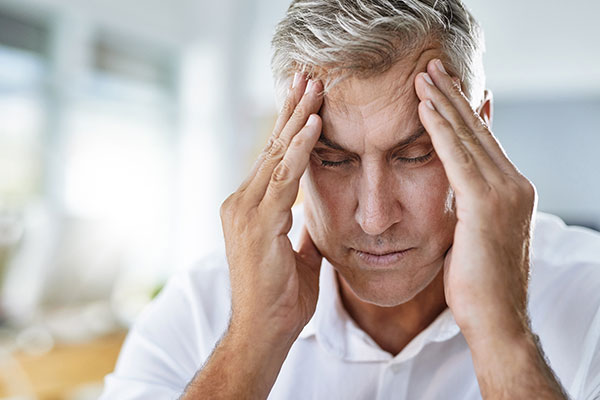
HGH is FDA approved for the treatment of growth hormone deficiency. HGH is generally regarded as safe. However, before starting HGH therapy, it is a good idea to understand the possible side effects of HGH injections.
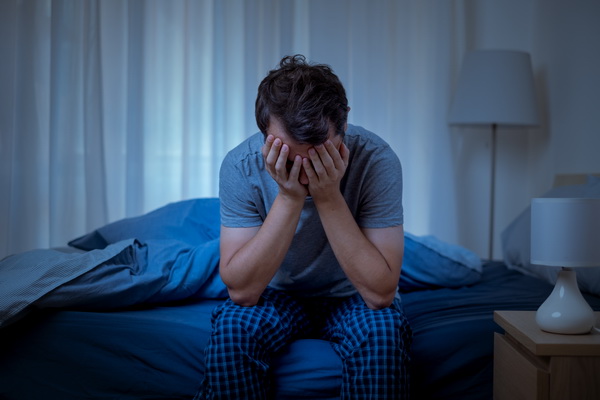
Several recent studies have shown a connection between insomnia, or poor or disturbed sleep, and a drop in testosterone levels. There is also evidence that the reverse is true — men with low testosterone tend to suffer from insomnia and other sleep disorders more often than men who have normal testosterone levels.
Most men think that once you are over 40, insomnia is just part of the normal aging process. Between working full days at the office, dealing with budgeting, and the everyday stressors of raising a family, it is not uncommon for middle-aged men to suffer from lack of sleep and feel fatigued and exhausted throughout the day.
However, chronic insomnia can be a serious condition that men should not ignore. In fact, current research seems to indicate that chronic poor or disturbed sleep may be a sign of low testosterone.
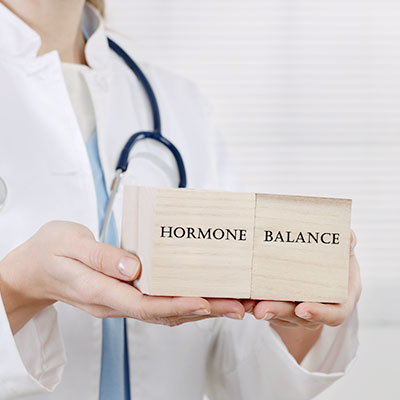
Everyone is familiar with the loss of estrogen women go through, which results in the many symptoms of menopause. Men also go through age-related hormone loss that results in a similar condition known as andropause. Most of the symptoms of andropause are related to low testosterone. However, recent studies have found that in aging males who suffer low testosterone, some of their remaining testosterone converts to estrogen. The research suggests that it could be this conversion of testosterone to estrogen that might be responsible for some of the symptoms of low testosterone in men – particularly those related to sexual wellness.
The human body is a very efficient machine. All of the hormone-driven biological processes work together in harmony with one another to try to achieve and maintain a state of homeostasis. Homeostasis comes from the Greek words for “same” and “steady.” It is simply defined as your body’s natural propensity to keep things steady, stable, and in balance for optimal health.
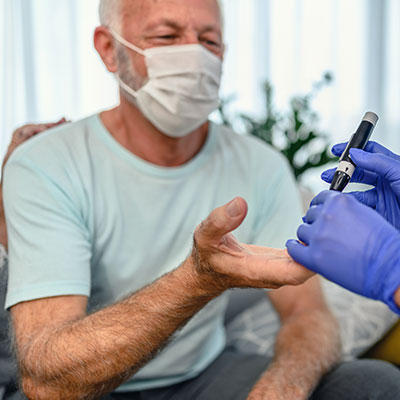
One of the symptoms of a growth hormone deficiency – particularly in children, can be low blood sugar or hypoglycemia. Normally one of the functions of HGH in the body is the regulation of glucose metabolism. In a normal healthy adult, HGH secretions are intended to prevent hypoglycemia. When all is functioning properly and your body is producing adequate supplies of growth hormone, growth hormone secreted by the pituitary gland enters the bloodstream to stimulate the liver to produce glucose.
The secretion of HGH increases after eating, and it plays a vital role in metabolizing the food you eat into energy for your cells. In addition to telling your liver to produce more glucose after a meal, HGH also stimulates the release of another hormone known as insulin growth factor 1 (IGF-1). Glucose is stored in the liver as glycogen. IGF-1 stimulates the liver to break down stored glycogen and release it into the bloodstream as glucose.
HGH is instrumental in raising the level of glucose in your blood as needed. Therefore, if you are HGH deficient for any reason, including age-related or adult-onset growth hormone deficiency, it could lead to low blood sugar.
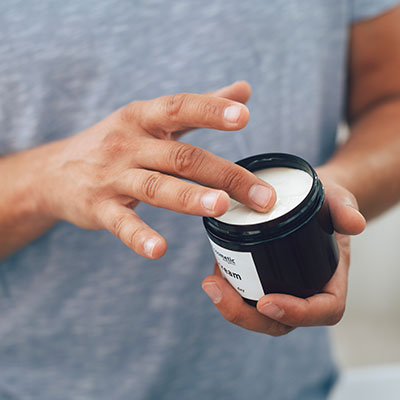
Growth hormone therapy is prescribed for people suffering from growth hormone deficiencies. Genuine HGH is a prescription medication known as somatropin. It is sold under various brand names, but it requires a doctor’s prescription and is only available as an injection.
Any product claiming to be “HGH” or contain HGH that you can buy without a prescription or that is available in any form other than an injectable liquid medication – including so-called “HGH gels” – are not genuine HGH and cannot by law, contain any HGH.
The question of “does HGH gel really work” is moot. Even if these products did what they said and have any ability to raise your HGH level -which is questionable – the more important answer is that they are misleading and mislabeled if they claim to be or contain any HGH.
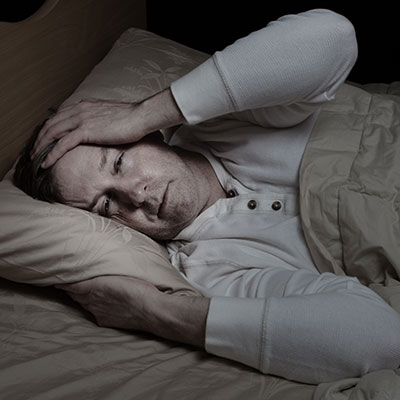
Some sweating at night is perfectly normal. However, night sweats are characterized by intense sweating at night, often so severe that you awake with your sleep clothes and blankets drenched in sweat.
That kind of profuse nighttime sweating is usually associated with menopausal women. However, men too can suffer from night sweats, and just as hormones are behind the condition in women, in men, night sweats could be a sign of low testosterone.
While night sweats in men are quite often linked to low levels of testosterone, night sweats can also be caused by other conditions. If you often find yourself awakened by a puddle of sweat or are having trouble getting to sleep because of excessive sweating, make an appointment with your doctor. They can help diagnose the cause of your symptoms and recommend the best treatment plan.


